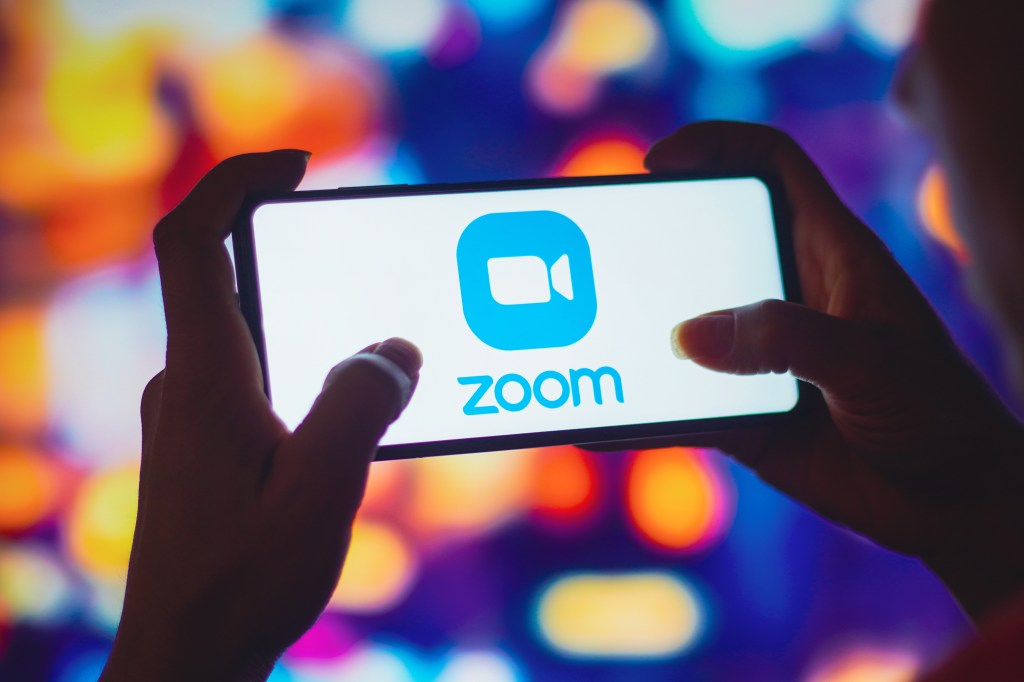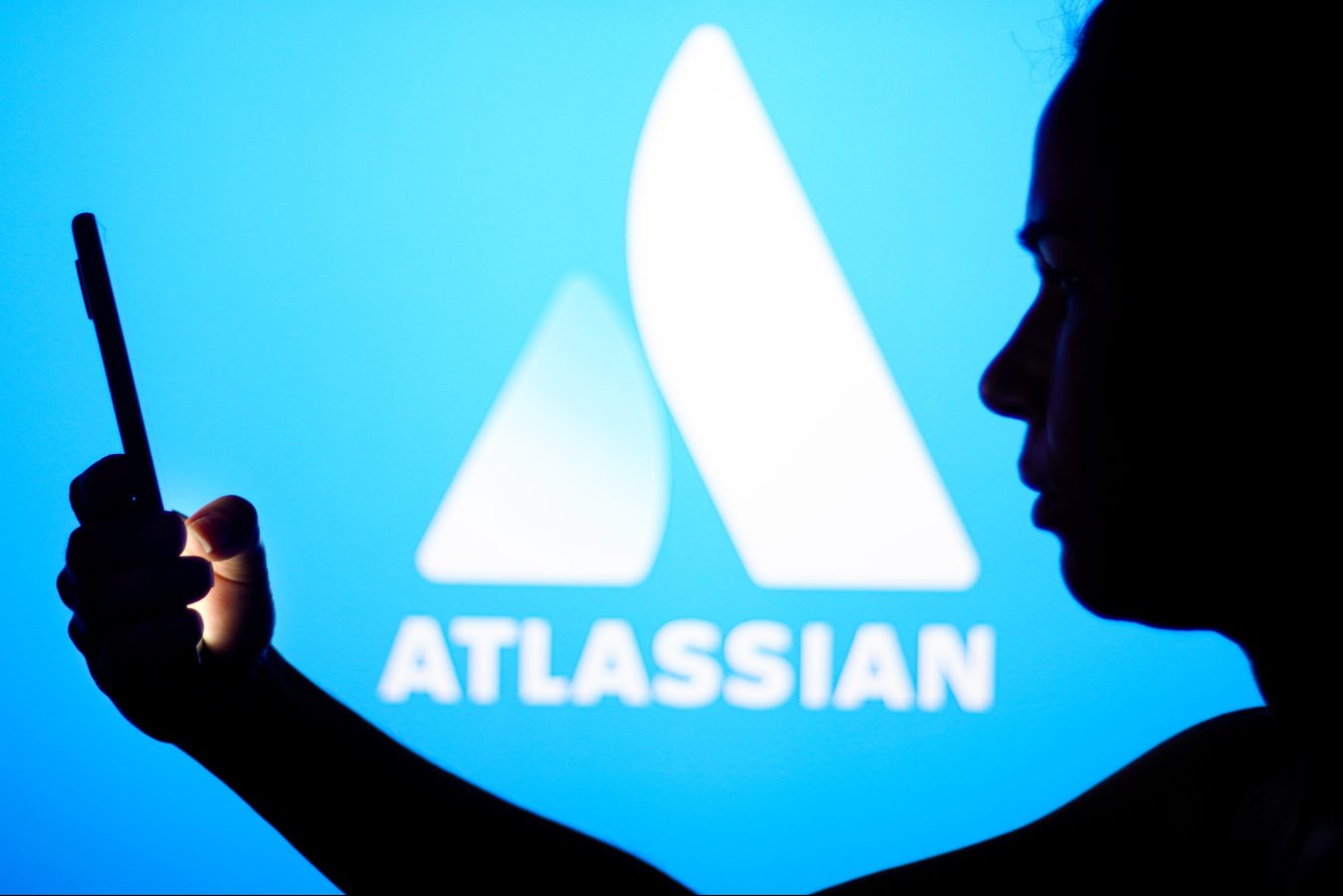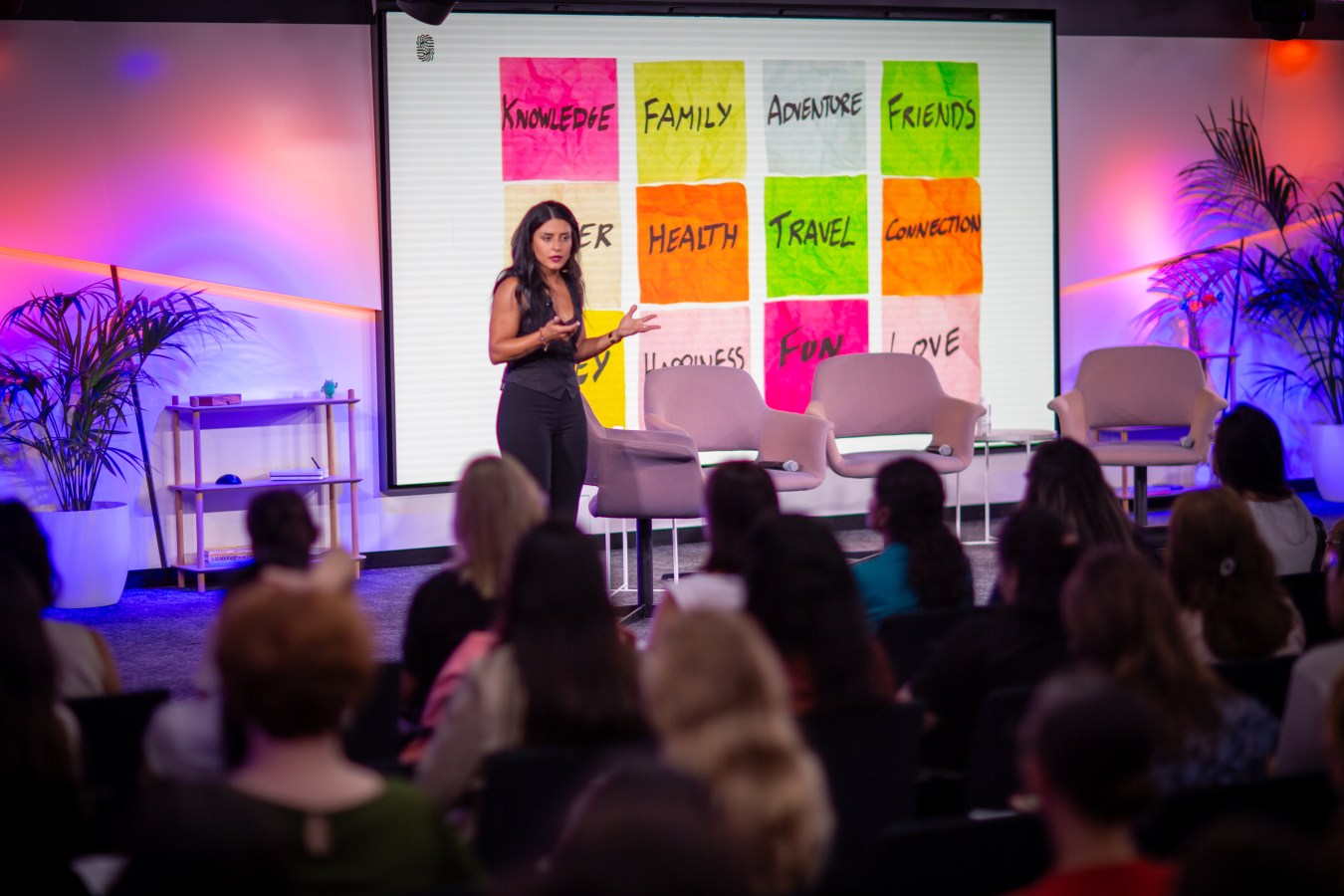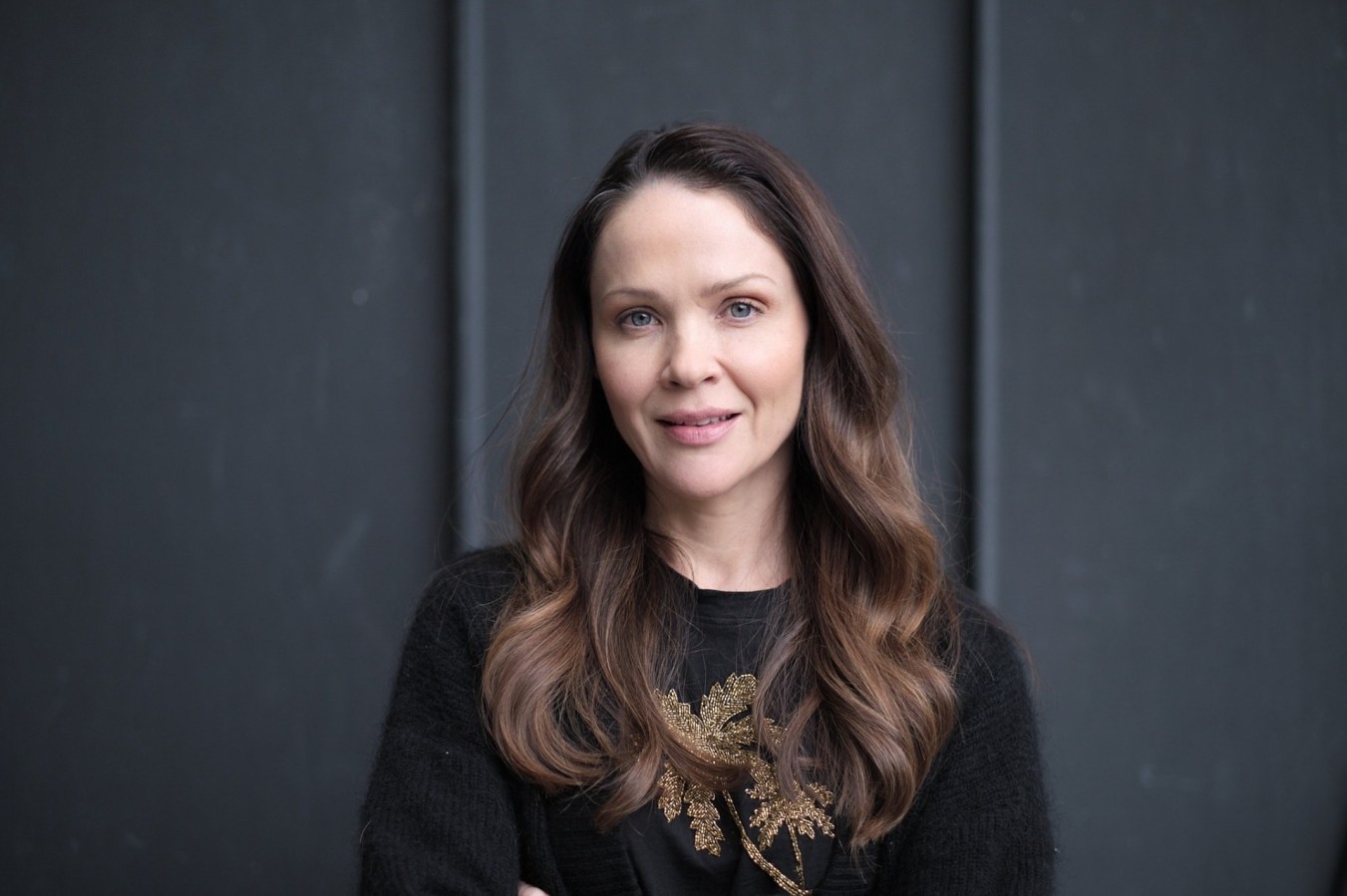The video conferencing platform that took off during COVID-19 is ironically asking its employees to return to the office.

Zoom is reportedly asking its more than 8,400 employees, who live within 50 miles (80 kilometres) of a company office, to make the trek in at least two days a week.
The San Jose-based company told Business Insider it believes that a “structured hybrid approach” is most effective for the company.
It is ironic, given the company’s video conferencing tools enabled employees to work remotely during lockdowns. Between March and October 2020, the company saw a 420% increase in its share price, to a peak of US$470 per share. It has since lost more than 87% of its peak share price value, and is today trading at $$68.66 (at the time of writing).
The dip in share price is largely in line with employees returning to offices. In the United States, Amazon and Apple require staff to spend at least three days per week in the office, Disney staff have returned four days per week and Goldman Sachs has asked employees to return for the full five days.
Related
In Australia, Commonwealth Bank has told staff they must spend half of their hours each month in the office.
Earlier this year, Zoom also axed 1,300 jobs, or around 15% of its workforce, and its CEO Eric Yuan revealed he would take a 98% pay cut for the coming fiscal year.
But while the return-to-office movement is gaining traction in some organisations, others, like Australian software company Atlassian, remain firmly ‘team anywhere’.
Atlassian, which launched its Team Anywhere policy in August 2020, allows its 10,000-plus employees to work from anywhere in the world. They may also work from home 100% of the time.
Today, a quarter of Australian staff live outside Sydney and the company’s work futurist, Dominic Price, says it’s meant the business can access a wider talent pool, which in turn benefits the company.
“Team Anywhere allows us to access a talent pool that’s more diverse and inclusive. When we do our engagement surveys, our people are telling us they absolutely love it,” Price told Forbes Australia. “They feel more engaged and they’re thriving. For us, it’s a no-brainer.”
Look back on the week that was with hand-picked articles from Australia and around the world. Sign up to the Forbes Australia newsletter here or become a member here.



